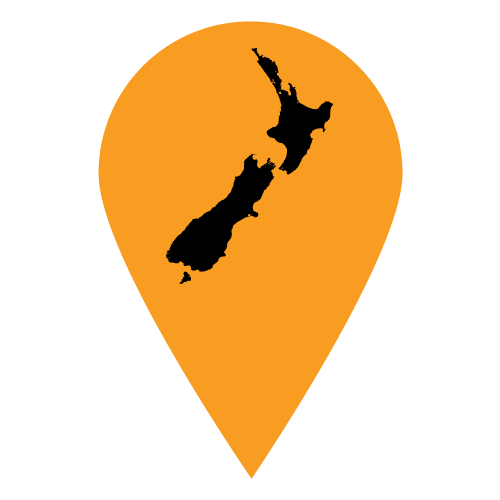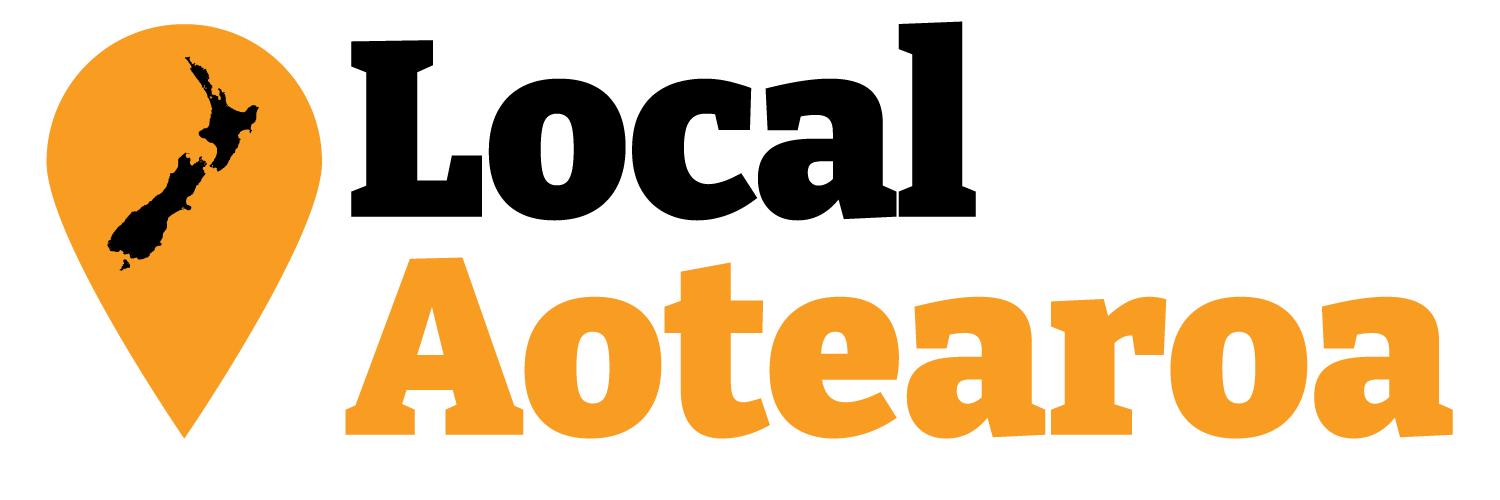Exclusive: Fifth of councils still refusing to open up secret workshops and briefings following Ombudsman's report
An AI-generated image of shadowy figures holding a top secret meeting.
An exclusive investigation by Local Aotearoa shows that 57 out of the country’s 78 councils, from our largest in Auckland Council through to the our smallest in Chatham Islands Council, now operate their previously councillor-only secret workshops and briefings as being “open to the public by default”, bringing them in line with the recommendations from the Ombudsman’s October 2023 report “Open for business”.
Local Aotearoa launched its investigation into how councils had responded to the Ombudsman’s recommendations following its story in September regarding Greater Wellington Regional Council’s refusal to open up its secret workshops and briefings to the public, which is now the subject of a formal complaint with the Ombudsman.
With requests using the Local Government Official Information and Meeting Act (LGOIMA) sent to every council, except Greater Wellington for obvious reasons, the results revealed that prior to the Ombudsman’s report, 17 councils were ahead of the game having already opened up their workshops and briefings to the public.
Following the Ombudsman’s report and his recommendations, a further 40 councils responded by opening up their workshops and briefings to the public, with another council having only opening up workshops while still keeping briefings behind closed doors. Four more councils are in the process of progressing changes to their policies that will be considered by governing bodies in the coming months.
Responses from councils revealed a varied approach to opening up, with people generally being welcome to attend workshops and briefings in person. Many councils are able to access livestreams, or able to view or listen on demand to audio and video recordings of the sessions, with several working to implement this ability, along with proactively publishing any materials presented to councillors on their websites.
However, with 17 councils still refusing to adopt what our top public watchdog considers to be best practice for openness issued by our top public watchdog, questions remain over the commitment to transparency and accountability from elected members around the country. As the Ombudsman Peter Boshier stated in his report:
“Trust is at the core of the relationship between the people and their locally elected representatives. One way local government can earn trust is through transparent decision making that is open to public involvement and scrutiny. Transparency supports accountability, encourages high performance and increases public confidence. People may not always agree with council’s decisions but a transparent process allows them to understand a council’s reasoning, and can mitigate any suspicions of impropriety in the decision making process. Even a perception of secrecy can be damaging, as secrecy breeds suspicion.”
Boshier also noted that an OECD report that indicated only 45 percent of New Zealanders had trust in local government, observing that:
“Councils’ conduct around meetings and workshops are likely to be factors that contribute to the level of public trust in elected officials.”
According to the LGOIMA responses received by Local Aotearoa, the 17 councils that have refused to make both their workshops and briefings to the public (and weren’t actively reviewing their approach) include:
Far North District Council
Gisborne District Council
Greater Wellington Regional Council
Manawatu District Council
Masterton District Council (will consider opening individually if significant public interest)
Ruapehu District Council
South Taranaki District Council
South Waikato District Council
Tararua District Council
Thames-Coromandel District Council
Upper Hutt City Council
Western Bay of Plenty District Council
Marlborough District Council
Grey District Council
Tasman District Council
Waimakariri District Council (workshops open, briefings closed)
West Coast Regional Council.
While many of these are smaller to mid-sized councils, the list of those continuing to shroud some or part of their work in secrecy includes Greater Wellington Regional Council, one of the country’s larger councils.
It does beggar belief if some of the country’s smallest councils - including Buller District and McKenzie District which both have far fewer resources owing to a smaller population base yet having comparable land areas to Greater Wellington - have been able to find the resourcing to adhere to the Ombudsman’s recommendations, yet a much larger council based in a major metropolitan centre with far more resources is pleading poverty with regards to its ability to make its briefings and workshops open to the public by default.
It certainly raises questions over the credibility of the excuses offered by both Greater Wellington’s Chief Executive and Chair. If the country’s smallest councils believe they needed to open up their workshops and briefings, why doesn’t Greater Wellington? If those same small councils have been able to find the resourcing to open up, why can’t one of the country’s largest? Why are the other elected members on Greater Wellington refusing to stand up and call for greater transparency and accountability from their own council?
A cynic might be inclined to believe that Greater Wellington’s Chief Executive and elected members prefer to fly under the radar, and to hell with meeting the standard of transparency and accountability recommended by the Ombudsman.
Also of concern has been some of the rationale used by councils who are refusing to make all their briefings and workshops open to the public by default. For example, Waimakariri District Council defended their continued holding of briefings behind closed doors by saying:
“Briefing sessions provide a valuable opportunity to enhance elected members’ understanding of matters and to sound out potential options that will assist with informing future staff reports that the Council will consider in their future decision-making process. Briefing sessions are forums for the Chief Executive and Council staff to address any elected member questions and provide additional background on matters of interest to the Council.”
The problem with Waimakariri District Council’s reasoning is that it clashes with the recommendations in the Ombudsman’s report. While the Ombudsman acknowledges the role of workshops and briefings in helping council officials to “focus their efforts on the range of tenable options” which “prevents time and energy being wasted on options that aren’t realistic.
In the body of his report, Boshier goes into more detail having earlier noted that the whittling down of options in workshops and briefings “could be seen as undermining the principles of the LGOIMA and the LGA [Local Government Act], and it’s worth reproducing his following thoughts on the issue more fully:
“I also caution against workshops including a significant component of determination, such as a substantial narrowing of options prior to public consultation. At several councils I investigated, a range of options would occasionally be narrowed down at workshops so staff would not waste time and resources pursuing options that the elected members were not willing to consider. A meeting attendee said there was ‘some degree of straw polling’ in order to narrow down the options for decision, typically to four or five options. The risk is that such straw polling may be perceived by the public as decision making. Good records of workshops and making the records available to the public would go some way to alleviating this perception.
“Councils should be mindful of the public perceptions that may develop where council business is conducted behind closed doors. Even when the reasons for conducting a closed workshop are entirely legitimate, secrecy inevitably breeds suspicion. While it may not be the reality that the council is wrongfully keeping information from the public, even the perception of such may result in reduced public trust and diminished public participation in council processes. Councils can reduce this risk by opening workshops to the public where possible and by publishing information from workshops, as I will discuss further below.”
Importantly, the Ombudsman uses the term workshops to cover both what many councils try to separate out into briefings and workshops. In fact, his first recommendation on what councils should do with regards to workshops states that they should “adopt a principle of openness by default for all workshops (and briefings, forums etc.), including a commitment to record a clear basis for closure where justified, on a case-by-case basis.”
While it’s good to see most councils have shifted to an open to the public by default approach to their briefings and workshops, having more than a fifth of the sector steadfastly refusing to do so is deeply problematic. While the primary onus should be on elected members from these bodies to speak up and push for change to join their colleagues in improving transparency and accountability, there’s also a question as to why the Ombudsman hasn’t followed up with the sector as a whole to see what changes, if any, were made in response to his report.
Communities across New Zealand should be able to rely on councils, when they’re on the receiving end of recommendations from the country’s top public transparency watchdog, to implement the changes needed instead of trying to continue on behind closed doors like nothing ever happened.
Local democracy deserves better from the councils and their elected members who are refusing to open up.





